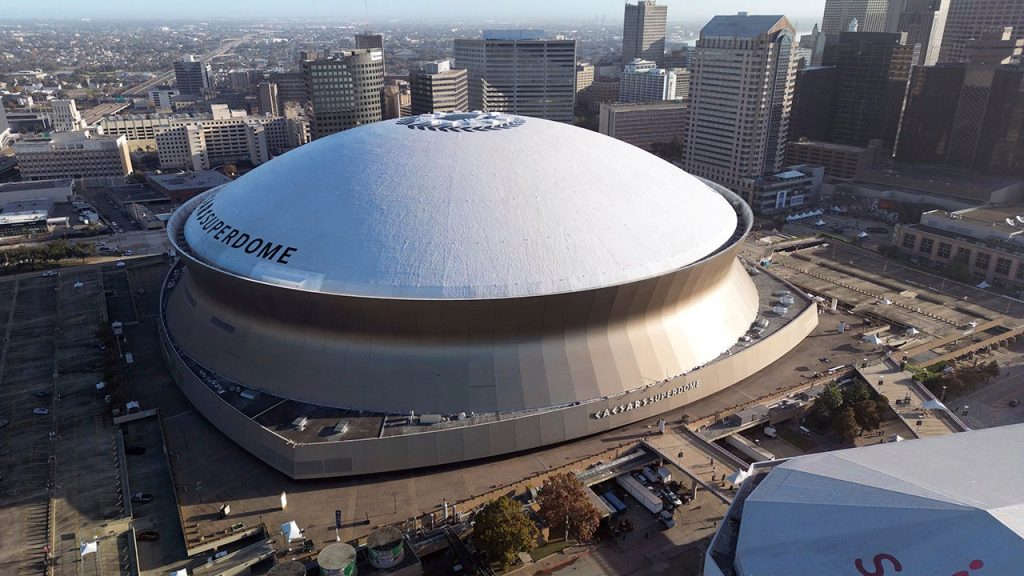The 2025 Sugar Bowl in New Orleans was postponed just hours before kickoff after at least 10 people were killed and dozens more injured in what federal officials are investigating as an act of terrorism. Allstate Sugar Bowl CEO Jeff Hundley confirmed the game between Georgia and Notre Dame would be postponed for 24 hours. The Superdome was initially placed on lockdown for security sweeps, prompting the postponement. The suspect behind the apparent terror attack, 42-year-old Shamsud-Din Jabbar, was killed on the scene after exchanging gunfire with law enforcement. An ISIS flag was found in the suspect’s truck, along with weapons and a potential IED.
The tragedy in New Orleans came as thousands of fans traveled to the city for the Sugar Bowl. Both Georgia and Notre Dame had arrived in New Orleans days before the incident and were staying in hotels nearby. Reports indicated that both schools had implemented a “shelter in place” for their teams in response to the attack. The FBI is working to determine the suspect’s potential associations with terrorist organizations, and additional potential IEDs were discovered in the French Quarter. The postponement of the Sugar Bowl was deemed necessary for public safety amid ongoing investigations and security concerns.
All parties involved expressed their condolences to the victims and their families, emphasizing the impact of the tragedy on the city of New Orleans and the Sugar Bowl committee. The decision to postpone the game was made in the best interests of public safety. Fans were urged to join Notre Dame in prayer following the attack. The situation was a sobering reminder of the importance of security measures at major events and the potential threats faced by large gatherings. The tragic events in New Orleans highlighted the need for continued vigilance and preparedness in the face of potential threats, both in sports and public spaces.
The news of the postponement and the details of the attack sent shockwaves through the sports world and the city of New Orleans. The Superdome, a prominent sports venue, was directly impacted by the incident. The response of law enforcement and emergency services was swift, but the toll of the tragedy was felt by all involved. The authorities are working diligently to investigate the motives behind the attack and ensure the safety of the community. The involvement of federal agencies and the potential links to terrorist organizations added a layer of complexity to the situation, underscoring the need for thorough and meticulous investigation.
In the aftermath of the attack, the focus shifted to supporting the victims and their families, as well as providing reassurance to the public. The impact of such incidents extends far beyond the immediate casualties, affecting the sense of security and normalcy in the community. Sporting events like the Sugar Bowl bring people together in celebration and competition, and the tragedy served as a stark reminder of the vulnerability faced in such gatherings. The postponement of the game was a necessary step in ensuring the safety of all involved, and the decision was met with understanding and support from the teams and fans. Moving forward, efforts to enhance security measures and protocols will be a priority to prevent similar incidents in the future.
As investigations continue and details emerge, the city of New Orleans and the sports community will work to heal and move forward from the tragic events surrounding the Sugar Bowl. The resilience and solidarity shown in the face of adversity will be crucial in rebuilding trust and confidence in the safety of public events. The incident serves as a somber reminder of the threats faced in today’s world and the importance of vigilance and preparedness. The thoughts and prayers of all those affected by the attack, as well as the broader community, are with the victims and their families as they navigate this challenging time.


